It was a full-circle moment sitting down with Victoria Moran, who was listed by VegNews among the “Top 10 Living Vegetarian Authors.”
LISTEN/WATCH
Subscribe: Apple Podcast | Stitcher | Spotify | YouTube
*Links mentioned in the episode are at the bottom of this page.

MENTIONED IN THIS EPISODE
CONNECT WITH US!
Interested in working with us? Email [email protected]
Check out our new FREE Master Class!
Take Our New Going Vegan Quiz HERE!
Grab the valuable gift we have for you HERE.
Have a question you’d like us to answer, or feedback you’d like to give us (we love hearing from you!)? Leave us a voice (or written) message HERE.
Interested in receiving a free coaching session to air on an upcoming episode? Apply HERE.
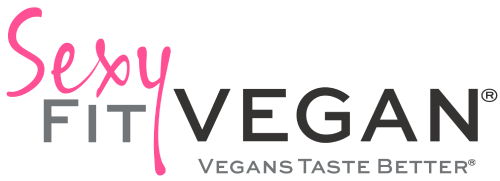



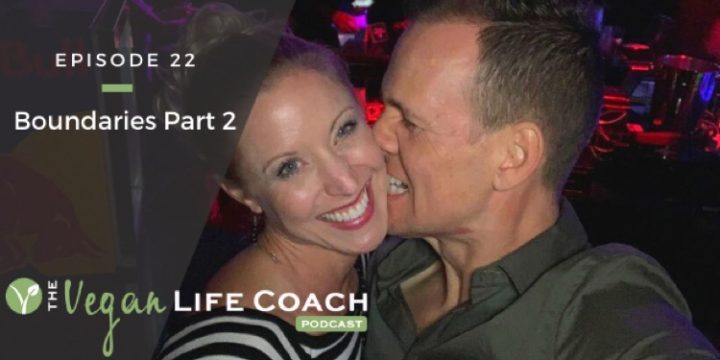
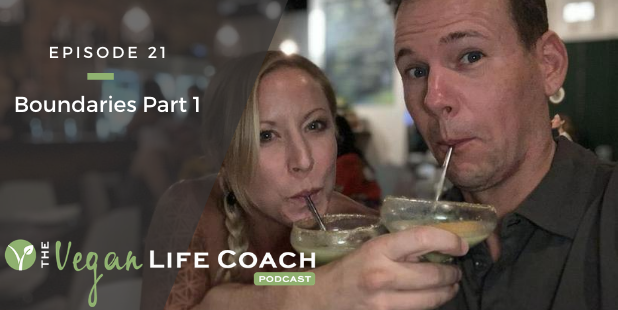
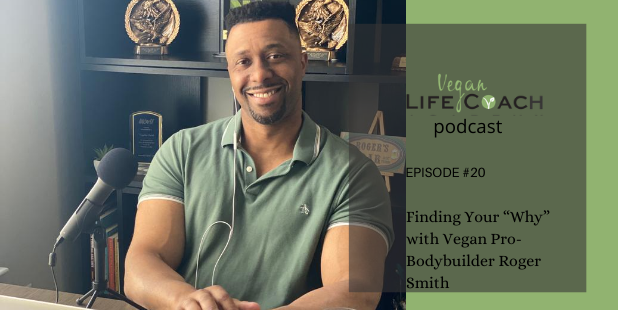
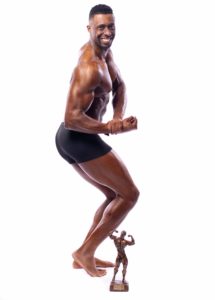
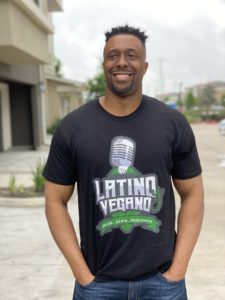
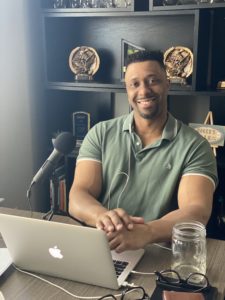
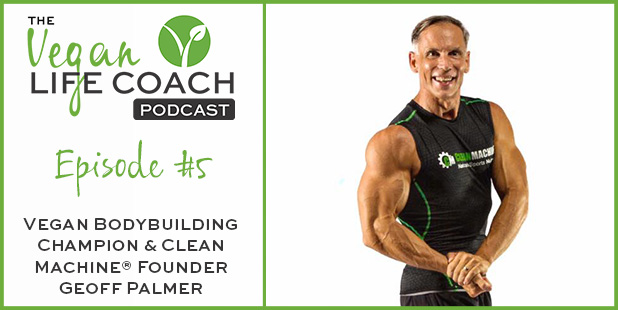
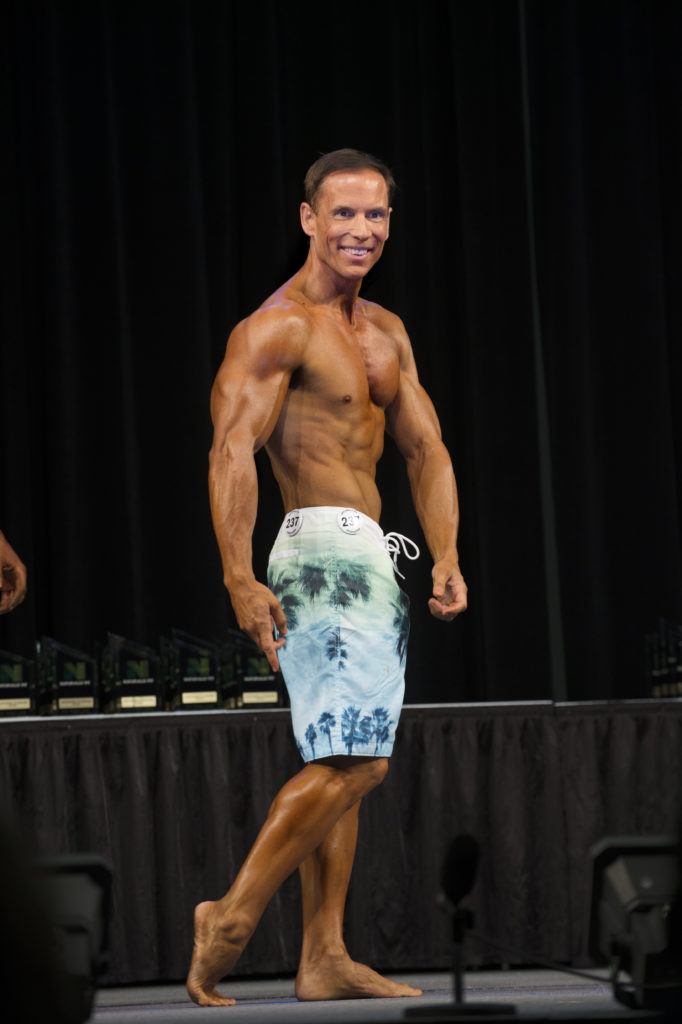
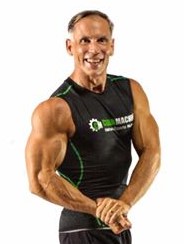 Including, how & why Geoff became a vegan 35 years ago. The life events and tremendous amount of suffering that sent him looking for change. And how from that experience, Geoff gave away his possessions, traveled to 48 countries, and the journey that led him to where he is today.
Including, how & why Geoff became a vegan 35 years ago. The life events and tremendous amount of suffering that sent him looking for change. And how from that experience, Geoff gave away his possessions, traveled to 48 countries, and the journey that led him to where he is today.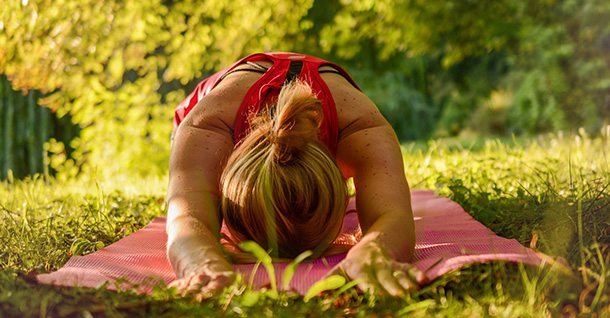
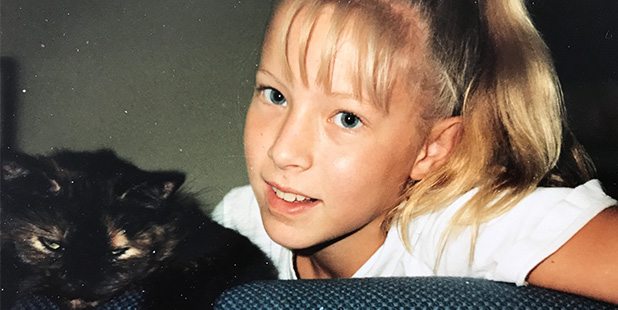
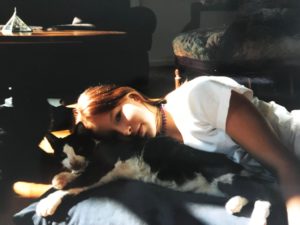
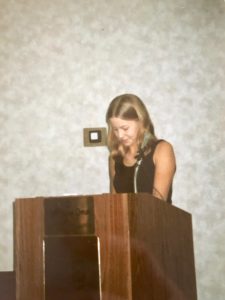
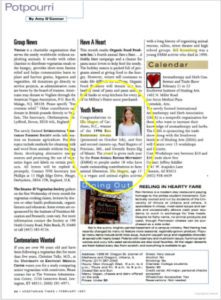
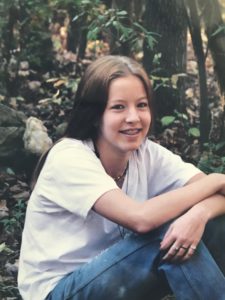
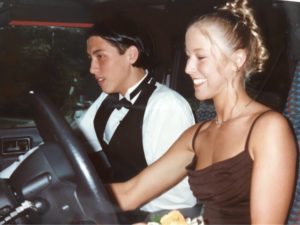
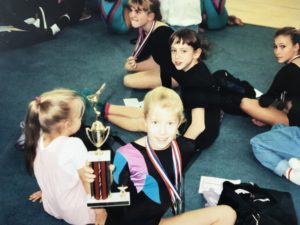
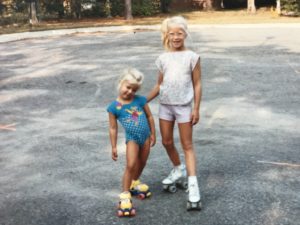
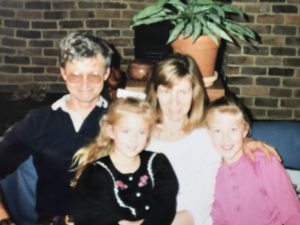

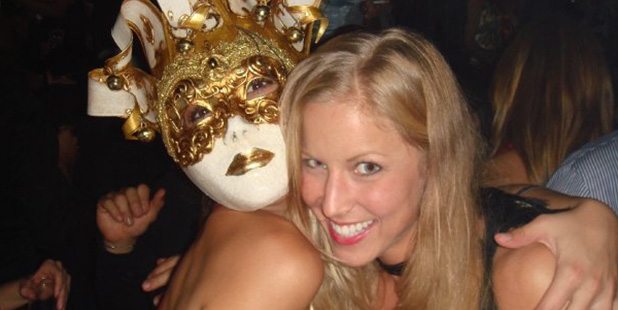


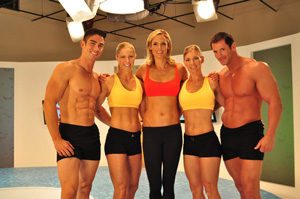 I continued to spread the good word by maintaining a strong, lean body. Why did this work? Because women would just see me and say, “I want to look like you… How do you do it?” To which I would reply, “I’m vegan!” This would get some people veg-curious and open to learning more, while others would immediately feel threatened and write me off. Men would ask too, either because they were genuinely curious, or as a way to hit on me. It didn’t matter to me. If I got an opening to talk about being vegan, I took it.
I continued to spread the good word by maintaining a strong, lean body. Why did this work? Because women would just see me and say, “I want to look like you… How do you do it?” To which I would reply, “I’m vegan!” This would get some people veg-curious and open to learning more, while others would immediately feel threatened and write me off. Men would ask too, either because they were genuinely curious, or as a way to hit on me. It didn’t matter to me. If I got an opening to talk about being vegan, I took it.